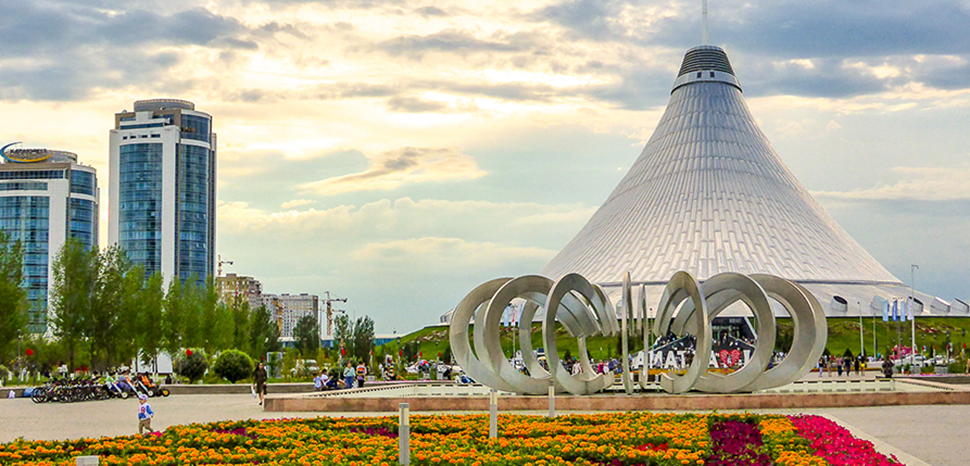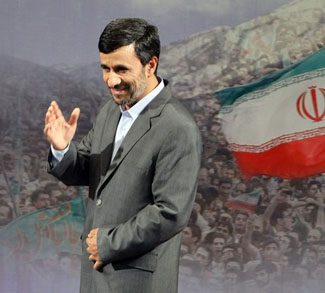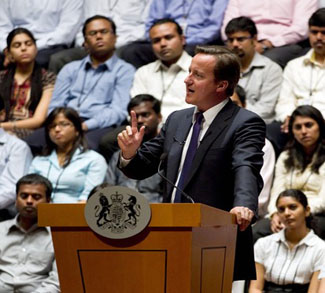Since achieving independence from the Soviet Union three decades ago, the Republic of Kazakhstan has understood the importance of procuring a constant flow of foreign direct investments to promote development and economic growth. The government’s priorities regarding where should investment go have changed over the years, as the current goal is to promote economic diversification, moving away from industries like energy and mining, to sectors like manufacturing, agriculture, tourism and green technology.
In order to achieve this objective, the Kazakhstani government has passed legislation to make it easier for international investors to work in the country, and also created agencies called Kazakh Invest, which have a critical role in this process.
Kazakh Invest, a Joint Stock Company, was established on 1 March, 2017. The agency has two primary missions. First, to promote the sustainable socio-economic development of Kazakhstan by attracting foreign investment in key sectors, and by supporting new investment projects. The second objective is to become a leading agency for attracting foreign investment throughout Central Asia, the Commonwealth of Independent States, and other regional economies in transition.
The Kazakhstani government views Kazakh Invest, headquartered in Nur-Sultan, as the main negotiator on behalf of the state. Moreover, the agency is also tasked with providing a full range of services to investors as a “one-stop shop,” ranging from assisting in the search of new investment ideas to the post-investment period.
According to the agency’s statistics, in 2019, with the support of Kazakh Invest, 39 international investment projects were put into operation across the country, for a total amount of about USD1.6 billion, creating over seven thousand jobs. No data for 2020 has been released, though the COVID-19 pandemic likely meant that fewer agreements were achieved.
The company regularly reports meetings between Kazakhstani economic and trade officials with visiting international delegations, or trips abroad by Kazkahstani officials and business representatives. Kazakh Invest has a prominent role in these interactions. Case in point, in late October Kazakh Invest representatives and the Director of Eurasian Investment Consulting, Baltabek Kussainov, met with the Director of the Brazilian company Por Natureza, Alan Queiroz, who visited Kazakhstan. The visit was reportedly organized by the Central Asian government, which is keen to attract Brazilian investment. The Brazilin company “expressed interest in implementing a joint project for the production of juices and drinks in … Nur-Sultan worth 15.7 million dollars, which will allow exporting Kazakhstani products to the markets of neighboring countries,” explained a press release about the meeting.
Moreover, Kazakh Invest is doing its part to attract investors and business from the global powers. For example, in late October, on the sidelines of the Business Council between Kazakhstan and China, Kazakh Invest and the Consulate General of Kazakhstan in Shanghai organized a meeting between “business circles of Kazakhstan and [China’s] Jiangsu province.” A month earlier, in late September, a delegation of the US conglomerate Honeywell visited Kazakhstan. As part of the working trip, Norman Gilsdorf, President of Honeywell’s Middle East, Russia, Turkey, Central Asia and Customs Union High Growth Regions, met with Meirzhan Yusupov, Chairman of Kazakh Invest’s Management Board. A Memorandum of Understanding between the two sides was signed. It remains to be seen if any concrete proposals or projects will come out of the aforementioned three recent meetings.
In order to improve Kazakhstan’s investment climate, new operational measures are being introduced to increase the transparency and predictability of investment policy. Apart from Kazakh Invest, in 2019, a new agency, the Coordinating Council on Investment Issues, was created to help attract investors; in 2014, the Investment Ombudsman Institute was established to improve the country’s investment climate; while many legal documents are now published in English to make it easier for international investors to read them. Kazakhstani embassies around the world have increased their efforts to attract investors as well.
These efforts have yielded positive results as the country’s international image has improved. The World Bank’s Doing Business 2020 ranks Kazakhstan in the 25th position, between Ireland (24th) and Iceland (26th). The country has improved its position in recent years, as it ranked 28th in the 2019 report, and 36th in 2018. The report praises Kazakhstan because starting a business has become “easier by registering companies for value added tax at the time of incorporation.” Obtaining credits and dealing with construction permits also obtained a positive assessment.
A history of economic opening attempts
Kazakhstan’s first president, Nursultan Nazarbayev (1990-2019), set the road-map for creating an investment climate in the country. Back in 1993, the Kazakh leader and then-President of Chevron Corporation Kenneth Derr negotiated and concluded an agreement to exploit the Tengiz oil field. The arrival of Chevron Corporation in Kazakhstan became a signal for other companies, primarily in the oil and gas industry, to open offices and invest in the nation. Such companies include Exxon Mobil, Chevron Texaco, British Petroleum, Lukoil, and China National Petroleum Corporation. From 1998-2007, the government enacted laws and decrees on issues like state support of direct investments, management, and investment regulation, to improve transparency and streamline regulations.
Kazakhstan’s latest attempts at creating an attractive investment climate began in 2017. The goal has been to establish systematic and comprehensive efforts to increase the inflow of foreign investments. For example, Kazakhstan joined the Organisation for Economic Co-operation and Development’s (OECD) Declaration on International Investment and Multinational Enterprises. That year, the government passed the National Investment Strategy for 2018-2022. This document can viewed as a manifesto-address to investors, which outlines the clear intentions of Kazakhstan to cooperate with foreign companies. Entities like Kazakh Invest and the Astana International Financial Centre, can be placed in this new set of mechanisms to attract investors and improve the country’s international investment image.
In spite of the aforementioned positive developments, it would be a mistake to assume that investment-friendly policies have brought wealth and employment that have benefited the entire Kazakhstani population. According to the Asian Development Bank, out of a population of around 18-19 million, 4.3% Kazakhstanis lived under the poverty line in 2019, while some 6.1% of the total labor force was unemployed in 2020. The country’s informal economy, in which workers do not have access to healthcare benefits, state protection or a social safety net, is also significant. The COVID-19 pandemic will likely make these numbers worse in the foreseeable future, as, according to the World Bank, the country’s economy contracted by 2.5% in 2020 – the first year of the COVID-era.
It is also important to note that the Doing Business 2020 report outlines how Kazakhstan made transferring property “more difficult by requiring additional proof of payment of state duties.” Moreover, resolving insolvency became “more difficult by requiring that all creditors vote on the rehabilitation plan, regardless of its impact on their interests.” In other words, there is more work that can be done to further improve Kazakhstan’s international status.
Finally, it is important to note that President Kassym-Jomart Tokayev “has pledged full decarbonization of Kazakhstan’s economy by 2060.” The first goal is to increase renewable energy in the nation’s total energy grid to 15 percent by 2030. A new solar farm will be constructed in Otrar, Turkestan region, however more green projects are needed. Thus, Kazakh Invest and similar agencies must focus not only on attracting investors into the country’s energy and manufacturing industries, but also green technologies in order to achieve Kazakhstan’s decarbonization goals.
The views expressed in this article are those of the authors alone and do not necessarily reflect those of Geopoliticalmonitor.com




